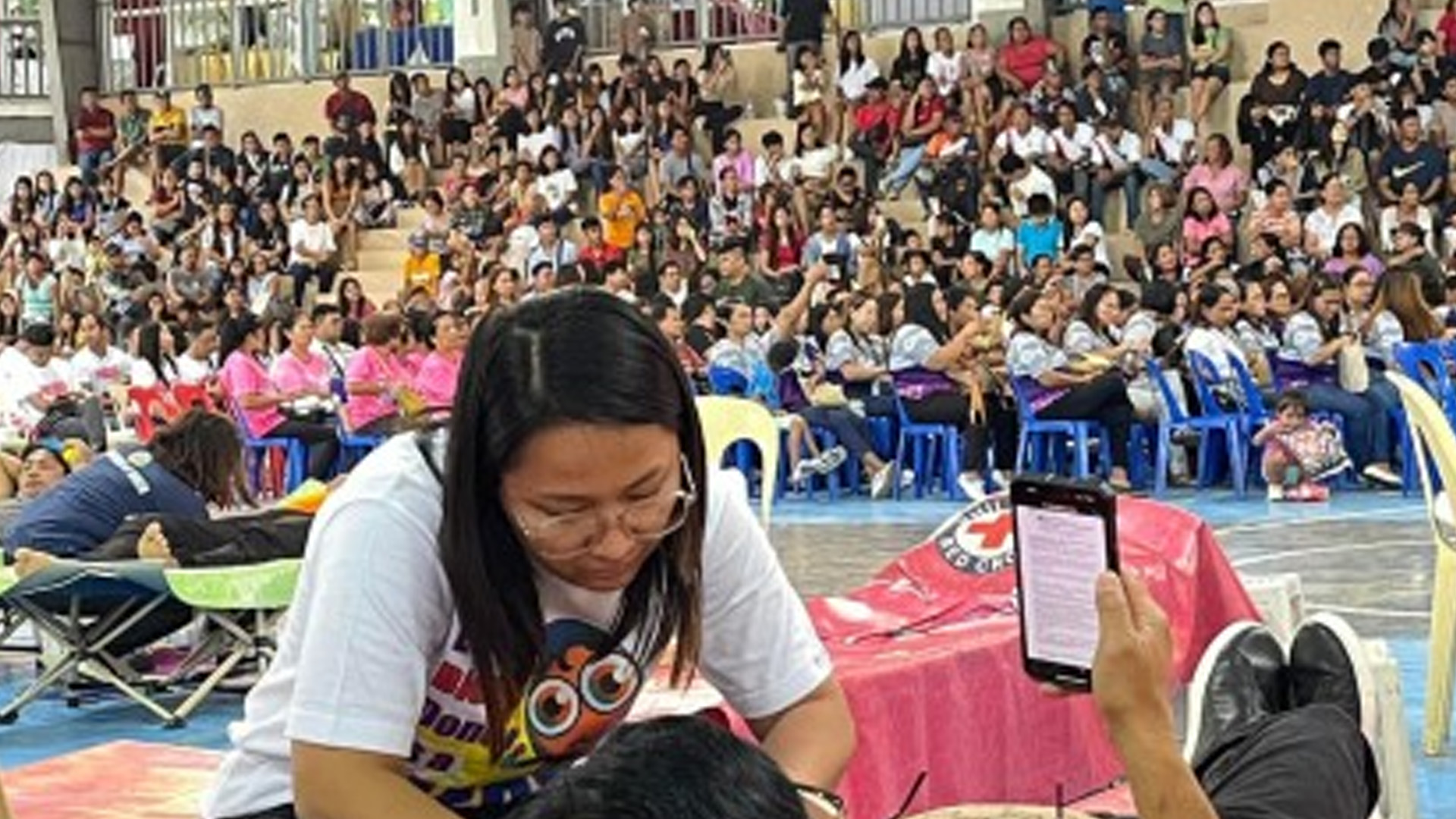A total of 112 units of blood, containing 500 cubic centimeters each, were collected during the blood-letting activity in Piddig town, Ilocos Norte province on Monday in line with the commemoration of the Basi Revolt held in the historic town 217 years ago.
Michael Aguinaldo, Piddig municipal disaster risk reduction and management officer, told the Philippine News Agency that at least 40 volunteers from 23 villages were invited to participate in the annual blood-letting activity
“So, far, we have collected 100 plus,” he said, noting that the amount of blood collected has exceeded last year’s 70 units.
He said most of the blood donors in this year’s event are village officials, municipal employees, and other volunteers including former Piddig mayor and National Irrigation Administrator Engr. Eduardo Guillen and his son, Homer Luigi.
Health workers from the Mariano Marcos Memorial Hospital and Medical Center (MMMH&MC) and Philippine Red Cross volunteers spearheaded the activity, which ended earlier due to tropical depression Gener.
“I am glad I was able to donate blood today. It’s just a small act but I hope I made a significant difference in someone’s life,” said Ranie Dorilag, a resident of Sarrat town and a walk-in donor after he got curious about the large crowd at the Piddig Farmers Trading Center.
The blood-letting activity aims to raise awareness about the need for regular blood donations to ensure the availability of supply for patients with various medical conditions, including cancer, anemia, and other blood disorders.
Malacanang has declared Sept. 16 as a special non-working day in Piddig town to commemorate the Basi Revolt, also known as the Ambaristo Revolt, that happened on Sept. 16 to 28, 1807.
The revolution stemmed from the Ilocanos’ love for basi or sugarcane wine.
Historians said the revolt was led by Pedro Mateo and Salarogo Ambaristo, though some sources also refer to a single person named Pedro Ambaristo.
In 1786, the Spanish colonial government expropriated the manufacture and sale of basi, effectively banning private manufacture of the local wine.
As a result, Ilocanos were forced to buy from government stores.
However, wine-loving Ilocanos in Piddig rose in revolt on Sept. 16, 1807, which even spread to nearby towns.
Spanish-led troops eventually quelled the bloody revolt on Sept. 28, 1807, albeit with much force and loss of lives. (PNA)








